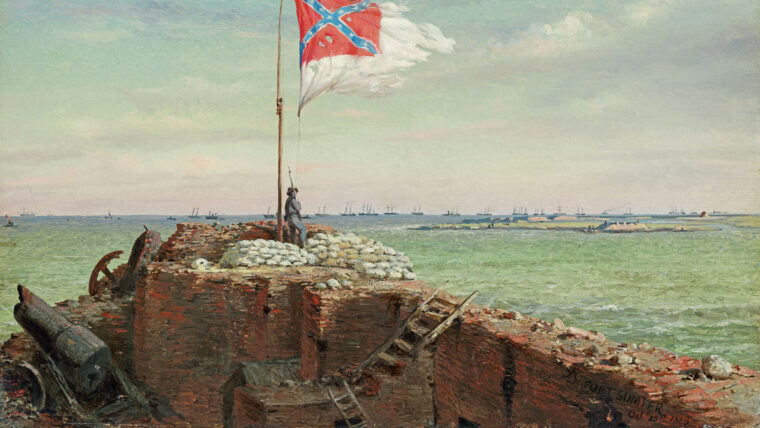
Fort Sumter
A Confederate Intelligence Coup Won the Siege of Charleston Harbor
By Stephen C. RuderThe Union bid to capture Charleston, South Carolina, in April 1863 was set in motion seven months earlier, in the autumn of 1862. Read more

Fort Sumter
The Union bid to capture Charleston, South Carolina, in April 1863 was set in motion seven months earlier, in the autumn of 1862. Read more
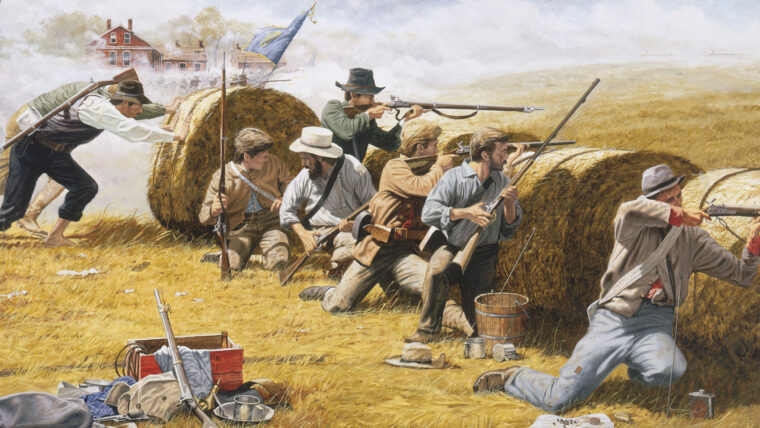
Fort Sumter
Brigadier General James S. Rains’s Confederate cavalry rode confidently toward the prosperous little town of Lexington, Missouri. Dressed in Missouri homespun, Rains’s men hardly looked the part of a flying military column, but most of the hard-riding horsemen had known only victory during their short service. Read more

Fort Sumter
When the end came, on April 2, 1865, Confederate President Jefferson Davis was sitting in his customary pew at St. Read more
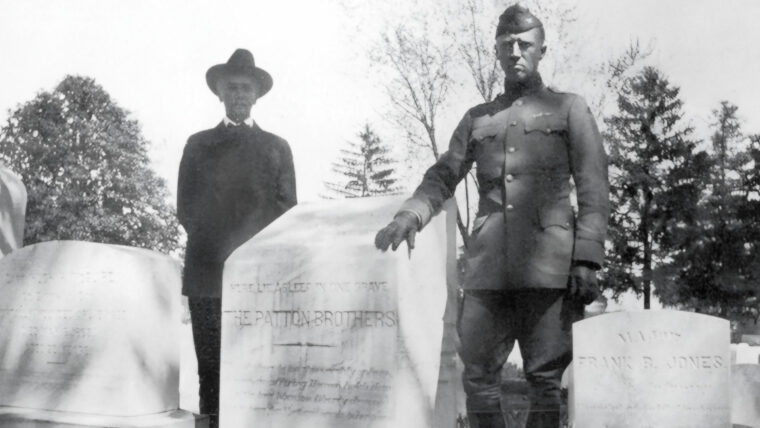
Fort Sumter
The famed general of World War II, George S. Patton III, often spoke with pride of the military deeds of his forefathers. Read more
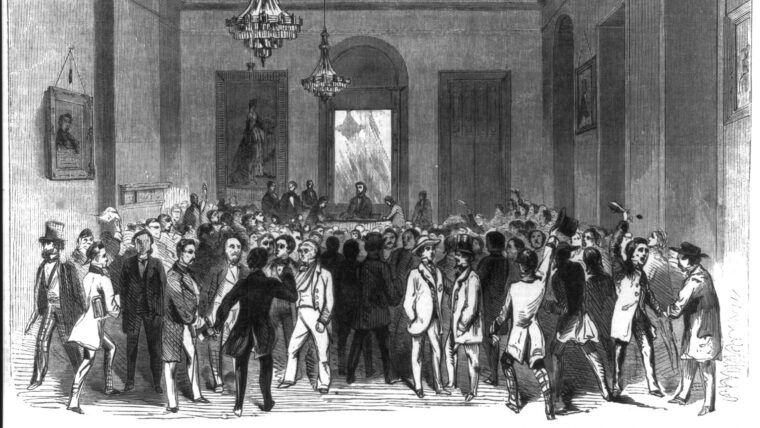
Fort Sumter
“Every war will astonish you,” American general Dwight D. Eisenhower said after World War II. As the leader of the Allied forces that successfully landed on D-Day and marched into Berlin 11 months later, Eisenhower obviously knew what he was talking about. Read more
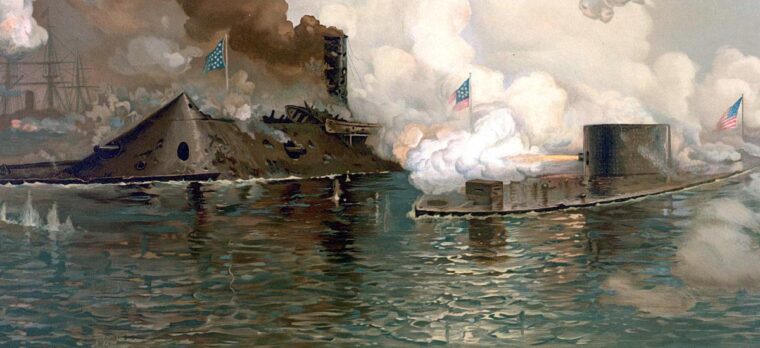
Fort Sumter
Most history books teach that the War between the States began on April 12, 1861, when Confederate batteries ringing Charleston harbor fired on Fort Sumter and forced its surrender the following day. Read more
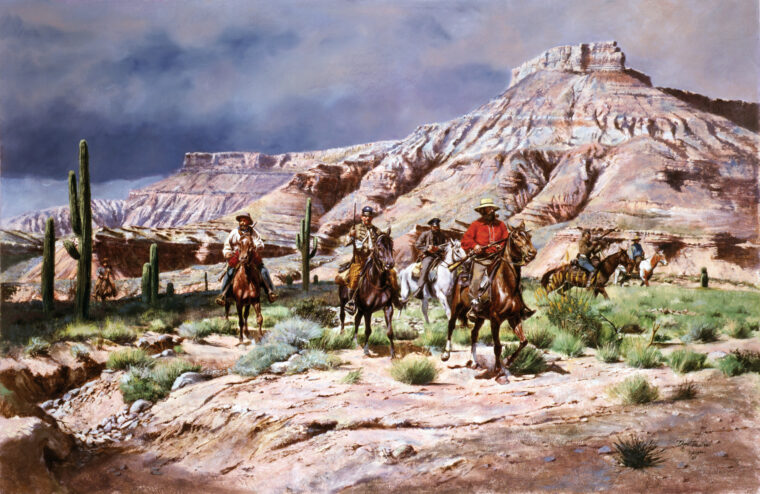
Fort Sumter
In June 1861, two months after Confederate artillery fired on Fort Sumter to begin the Civil War, 44-year-old, Louisiana-born Henry H. Read more

Fort Sumter
When Mark Twain “lit out for the territory” in July 1861 from his erstwhile role as the world’s worst Confederate ranger, he joined a small but distinguished list of future American literary greats who similarly decided, as had Twain, that they were “not rightly equipped for this awful business.” Read more

Fort Sumter
The 16th President of the United States, Abraham Lincoln was elected to the highest office in the land in November 1860, and the event prompted the secession of numerous southern states beginning with South Carolina the following month. Read more